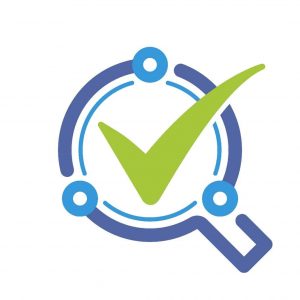
Require Password Rules and Enforce Them
Strong passwords are one of the first lines of defense against breaches and changing them occasionally may help keep hackers out. But most staff will not voluntarily update their passwords, even when prompted. Make regular password updates mandatory and teach users how to create and remember strong passwords.
Update regularly
Any connection to the Internet is vulnerable, and it’s a key feature hackers try to exploit. Keep every connection, operating system, and application up to date with patches and enhancements. Implementing software and system security updates quickly limits possible exposure to vulnerabilities.
Implement VPNs for all connections
Networks that are protected only by generic security measures are more vulnerable to attack. Implement Virtual Private Network (VPN) connections between office locations and make their use easy—and mandatory—for mobile employees who may connect through public Wi-Fi services.
Retire all unused services
When limited-duration products expire, decommission the applications, logins, and user credentials associated with them. In cases when you don’t use every available feature of a UC deployment, such as a video chat function, turn it off to further limit unauthorized access to the enterprise.
Leverage existing security options
Some applications come bundled with their own security features. While it’s still important to implement additional safeguards, vendors know their own products and typically devote significant resources to deliver a safe environment for customers. Find out what security measures are included with your software and use them to the fullest extent in conjunction with other security you have in place. Allowing employees to work anytime, anywhere can boost productivity, and there are many technologies that can bring distributed teams together. But you always should make sure that those technologies are secure.







